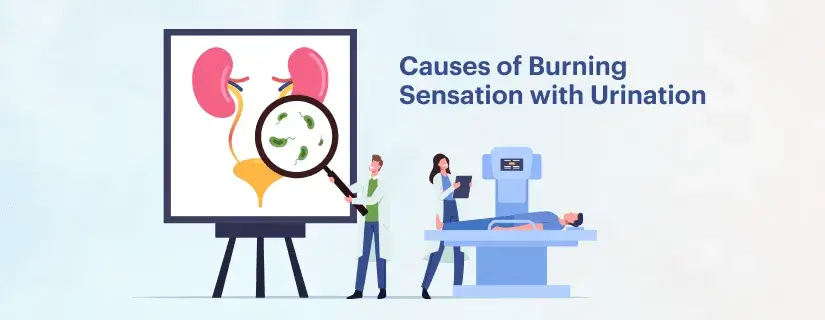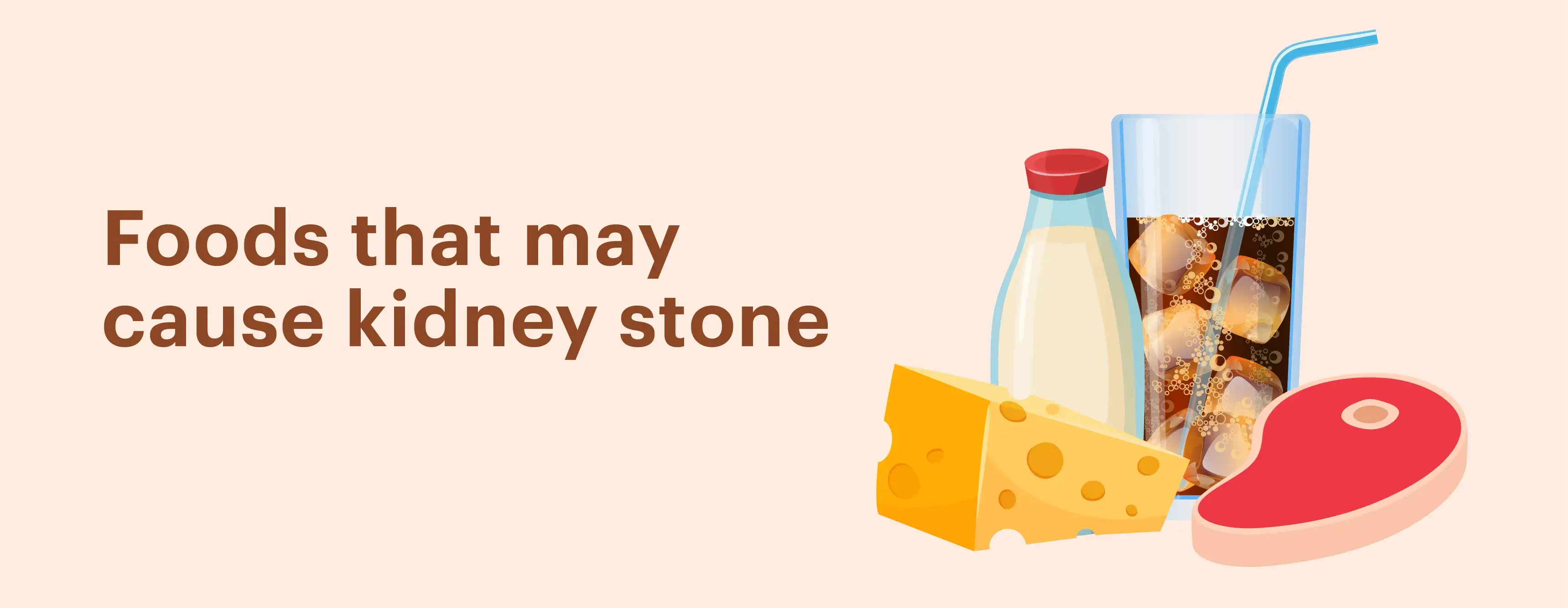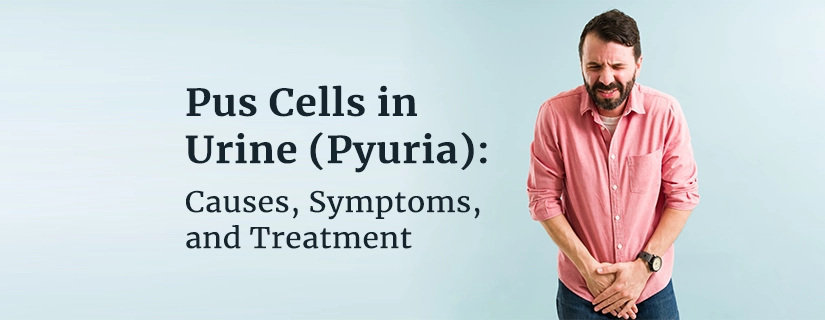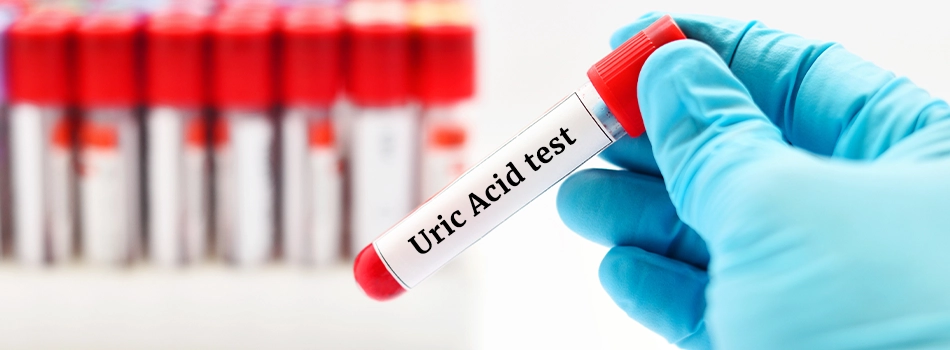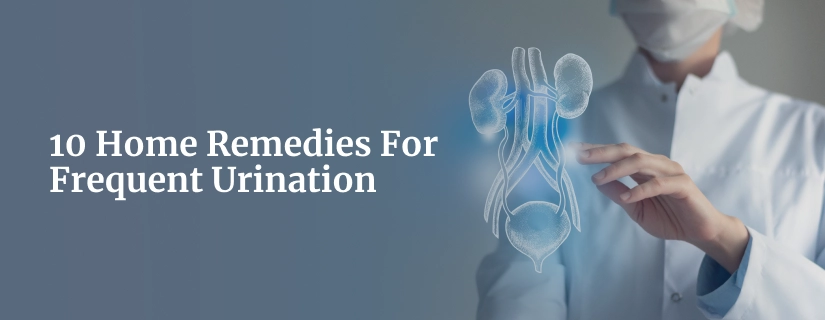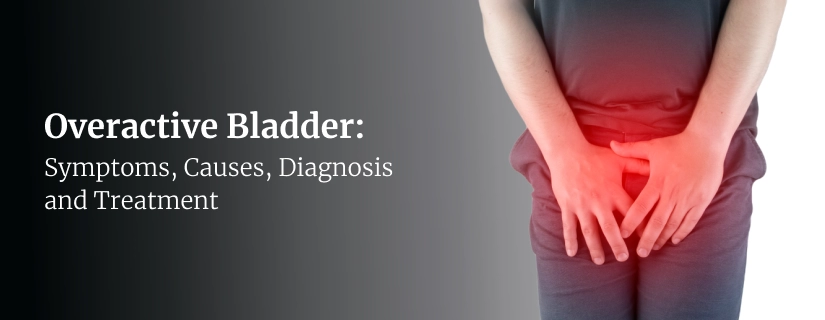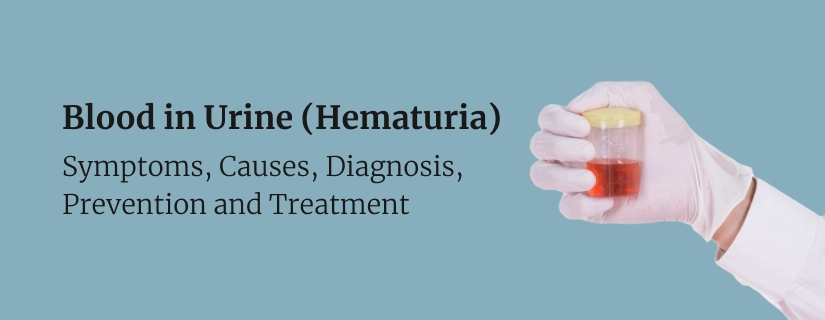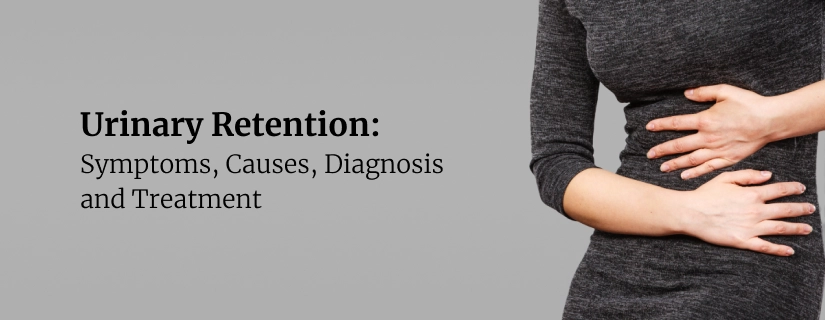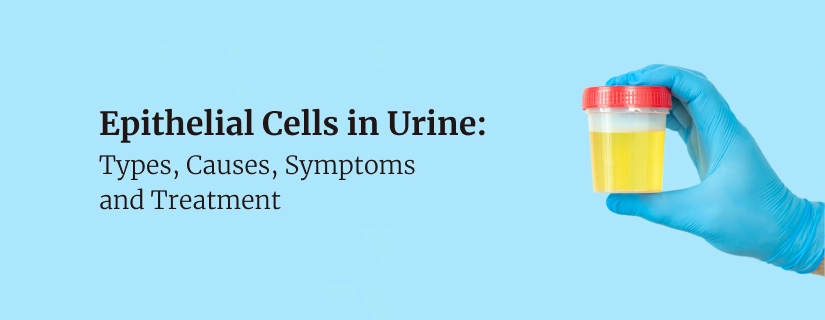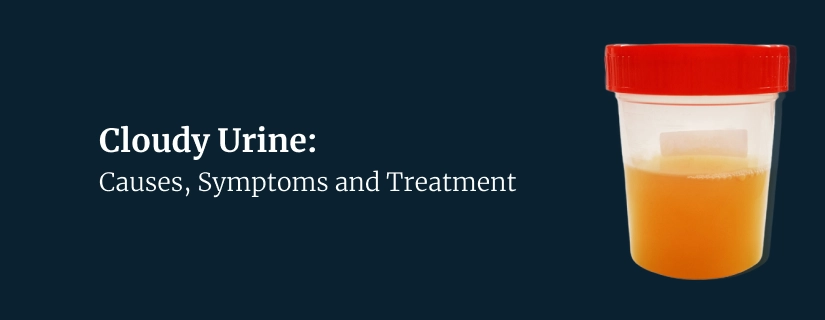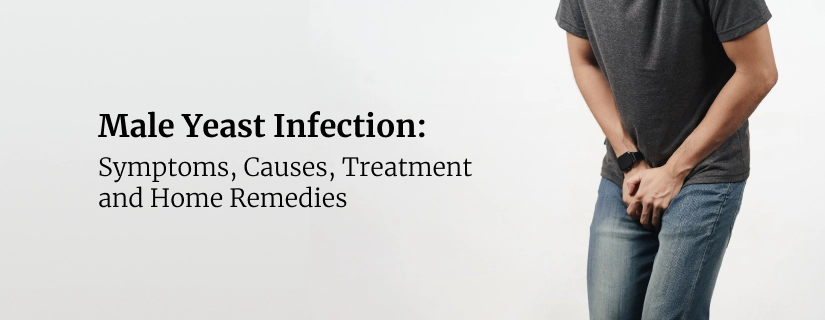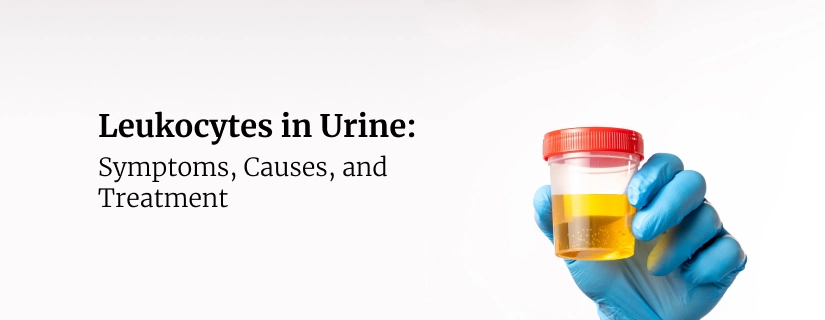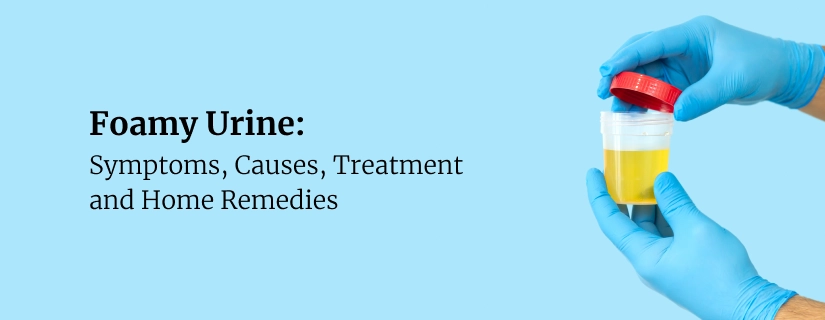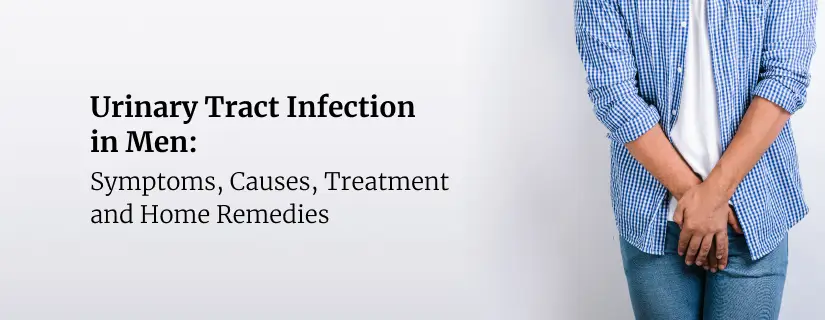-
Doctors
-
Specialities & Treatments
Centre of Excellence
Specialties
Treatments and Procedures
Hospitals & Directions HyderabadCARE Hospitals, Banjara Hills CARE Outpatient Centre, Banjara Hills CARE Hospitals, HITEC City CARE Hospitals, Nampally Gurunanak CARE Hospitals, Musheerabad CARE Hospitals Outpatient Centre, HITEC City CARE Hospitals, Malakpet
HyderabadCARE Hospitals, Banjara Hills CARE Outpatient Centre, Banjara Hills CARE Hospitals, HITEC City CARE Hospitals, Nampally Gurunanak CARE Hospitals, Musheerabad CARE Hospitals Outpatient Centre, HITEC City CARE Hospitals, Malakpet Raipur
Raipur
 Bhubaneswar
Bhubaneswar Visakhapatnam
Visakhapatnam
 Nagpur
Nagpur
 Indore
Indore
 Chh. Sambhajinagar
Chh. SambhajinagarClinics & Medical Centers
Book an AppointmentContact Us
Online Lab Reports
Book an Appointment
Consult Super-Specialist Doctors at CARE Hospitals
3 Signs & Symptoms of Kidney Stones You Must Never Ignore
Updated on 27 January 2020
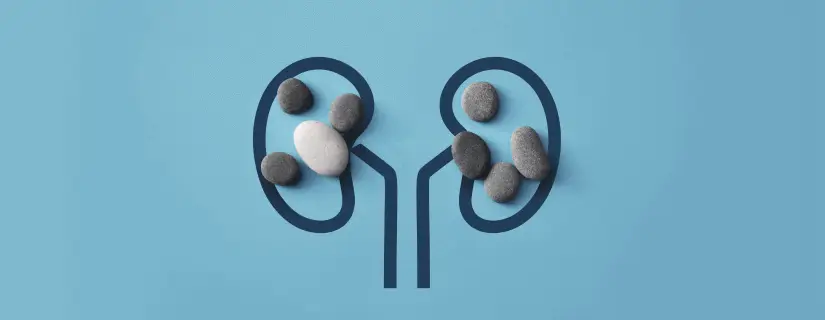
Kidney stone refer to hard deposits made of minerals and salts that form inside your kidneys. The reasons for kidney stones formation could be many and vary according to the type of stones. Kidney stones can affect different parts of your urinary tract including the uterus, kidneys, bladder and urethra. You need to be wary of certain kidney stone symptoms so that you can get treated as early as possible. Kidney stones are one of the most painful medical conditions and require immediate treatment. Urology treatment in India is common and available at all the hospitals in the country.
Kidney stones do not cause any permanent damage but passing them out of the body is a painful process. Depending on your condition and the placement of the stones, you might need to take nothing more than painkillers and drink a lot of water to ensure that the stone is passed while urination. Other instances involve complications where surgery may be required. However, this is a rare occurrence.
Unfortunately, kidney stone is a recurring disease and understanding the warning signs can help you avoid unnecessary pain and suffering.
Signs of Kidney Stones
Here are some signs and symptoms of kidney stones that patients might experience. These should not be neglected at any cost and the patients should consult their doctors at the earliest.
- Severe pain: Kidney stones result in severe pain that might interfere with your daily activities. The pain occurs in your lower back, abdomen or groin. One is not able to find a comfortable position to lie or sit in, as the pain comes in waves. The pain can last either for 20 minutes or up to an hour depending on the severity of your condition.
- Vomiting: The pain might reach a level where the individual is left feeling nauseated or ends up vomiting. If such is the case, you should go to the emergency room immediately. Pain is often described as the worst thing many people experience in their life and one should not hesitate in seeking treatment for the same. CARE Hospitals is one of the best urology hospital in Hyderabad and has a team of talented doctors to help you in such situations.
- Blood in urine: Visible blood in the urine is a sign no one can ignore. It is an indication of kidney stones. Blood occurs when the stone moves from the kidney to the bladder and is stuck. The ureters are generally 3-4 mm in diameter and any stone larger than this gets stuck and can cause bleeding. If not taken care of immediately, the stone can tear through the ureter and introduce blood into the urinary tract.
These are a few signs that you should avoid at no cost and if experienced, need to be checked at the earliest!
Causes of Kidney Stones
When urine contains high levels of certain substances like calcium, oxalate, and uric acid, they can crystallise and create stones in the kidney. Kidney stones can be caused by various factors like:
- Extreme body weight can lead to kidney stones.
- Insufficient water intake can lead to kidney stones.
- High intake of oxalate-rich foods or sodium, as well as a diet low in calcium or fluids, can contribute to stone development.
- Certain medical conditions, like hyperparathyroidism or urinary tract infections, can increase the risk of stone formation.
- Family history or genetic factors can lead to kidney stones.
- Blockages or reduced urine flow within the urinary tract can lead to crystal accumulation and stone formation.
- Certain surgeries: undergoing surgeries like weight loss surgery and gastric bypass surgery also can cause kidney stones.
Understanding these factors can help in preventing kidney stone formation through dietary modifications, proper hydration, and medical management of underlying conditions.
Kidney Stone Symptoms
- The side of the back or the abdomen may hurt.
- Pain can radiate to the labia (vaginal pain in women), testicles (testicle pain in men), and groyne area (groyne discomfort).
Other symptoms can include:
- Abnormal color of urine
- Blood in the urine
- Fever
- Chills
- Nausea
- Vomiting
- Tests and diagnosis
Types of Kidney Stones
There are different types of kidney stones, categorised based on their composition:
- Calcium Stones: These are the most common type and are primarily made of calcium oxalate, though they may also contain calcium phosphate.
- Uric Acid Stones: Formed due to high levels of uric acid in the urine, commonly associated with conditions like gout or a diet rich in purines.
- Struvite Stones: Typically result from urinary tract infections and may grow large quickly, consisting of magnesium, ammonium, and phosphate.
- Cystine Stones: Formed due to a genetic disorder causing cystinuria, where the kidneys excrete excessive cystine, an amino acid.
Understanding the type of kidney stone is essential for determining the cause and developing an appropriate treatment and prevention plan. A healthcare provider can conduct tests to identify the specific type of kidney stone for effective management.
Diagnosis of Kidney Stones
Diagnosis of kidney stones often involves several methods:
- Medical History: Your doctor will discuss your symptoms, medical history, and family history to assess your risk factors for kidney stones.
- Physical Examination: A physical examination may help identify signs of kidney stones, such as abdominal or flank tenderness.
- Imaging Tests: Various imaging techniques like X-rays, CT scans, ultrasounds, or intravenous pyelograms (IVP) help visualize kidney stones and their location within the urinary tract.
- Urinalysis: Analyzing a urine sample can detect blood, crystals, or other substances that indicate the presence of kidney stones or potential urinary tract infections.
- Stone Analysis: If you pass a stone, your doctor may collect and analyze it to determine its composition, aiding in treatment and prevention strategies.
Treatment of Kidney Stones
Treatment for kidney stones depends on the size, location, type of stone, and severity of symptoms. Common approaches include:
- Pain Relief: Over-the-counter pain medications like ibuprofen or acetaminophen to manage pain.
- Hydration: Drinking plenty of water to help flush out smaller stones and prevent new ones from forming.
- Medical Therapy: Medications to relax the ureter muscles or control urine acidity or calcium levels to facilitate stone passage.
- Extracorporeal Shock Wave Lithotripsy (ESWL): Uses shock waves to break larger stones into smaller pieces for easier passage.
- Surgical Procedures: For larger or more problematic stones, procedures like ureteroscopy, percutaneous nephrolithotomy (PNL), or rarely, open surgery, may be necessary to remove or break up the stones.
- Preventive Measures: Dietary changes, medications, or lifestyle modifications to prevent recurrence, based on the type of stone and underlying causes.
Complications of Kidney Stones
Kidney stones can lead to several complications, including:
Stones can block the urinary tract, causing intense pain and potentially leading to urinary obstruction, which may impair kidney function.
- Urinary Tract Infections (UTIs): Stagnant urine behind a stone can predispose individuals to UTIs, which can further complicate kidney stone management.
- Long-term or recurrent kidney stones can damage kidney tissue, impacting kidney function and potentially leading to chronic kidney disease.
- Sepsis: In rare cases, if a urinary tract infection associated with a kidney stone spreads to the bloodstream, it can result in a severe infection called sepsis, which requires immediate medical attention.
Kidney Stone Risk Factors
Several factors can increase the risk of developing kidney stones:
- Family or Personal History: Individuals with a family history of kidney stones or those who have previously experienced stones are at higher risk.
- Dehydration: Inadequate fluid intake can lead to concentrated urine, promoting stone formation.
- Certain Diets: High intake of oxalate-rich foods (spinach, nuts), sodium, or animal proteins, along with low calcium intake, can increase stone formation risk.
- Obesity: Being overweight or obese can contribute to increased stone formation risk.
- Medical Conditions: Certain medical conditions such as urinary tract infections, digestive diseases, and metabolic disorders can elevate the risk.
- Certain Surgeries or Medications: Some medications or surgical procedures can affect the absorption of substances in the body and increase the likelihood of stone formation.
- Geographic Location: In some regions with higher temperatures and increased dehydration risk, the prevalence of kidney stones may be higher.
When to See a Doctor for Kidney Stones?
You should consider seeking medical attention for kidney stones if you experience:
- Severe Pain: Intense, unbearable pain in the back, side, lower abdomen, or groin.
- Persistent Symptoms: Symptoms persisting for more than a few days, especially if they worsen.
- Blood in Urine: Visible blood in the urine, known as hematuria.
- Nausea and Vomiting: Persistent nausea, vomiting, or signs of dehydration due to associated symptoms.
- Fever and Chills: Symptoms indicating a possible urinary tract infection or systemic infection.
- Inability to Pass Urine: If you are unable to urinate due to the blockage caused by a kidney stone.
If you suspect you have kidney stones or experience any of these symptoms, especially if they are severe or accompanied by fever or signs of infection, seeking medical attention promptly is crucial to receive appropriate diagnosis and treatment.
Prevention of Kidney Stones
Prevention strategies to reduce the risk of kidney stones include:
- Stay Hydrated: Drink plenty of fluids, especially water, to produce sufficient urine and dilute substances that can form stones.
- Dietary Modifications: Limit consumption of oxalate-rich foods (such as spinach, nuts), sodium, and animal proteins. Maintain a balanced diet with adequate calcium intake.
- Monitor Salt Intake: Reduce sodium intake, as higher salt consumption can increase calcium excretion in the urine.
- Limit Animal Proteins: High consumption of animal proteins like meat and fish can increase the risk of certain types of kidney stones. Moderation is key.
- Manage Oxalate Intake: Limit foods high in oxalates, but don't eliminate them entirely, as some are nutritious. Balance intake with calcium-rich foods.
- Stay Active: Regular physical activity and exercise may help prevent kidney stones by aiding in maintaining a healthy weight and reducing the risk of certain conditions linked to stone formation.
- Medical Advice: For individuals with a history of kidney stones or underlying conditions predisposing them to stone formation, following a healthcare provider's advice regarding dietary changes, medications, or additional preventive measures is essential.
Adopting these lifestyle changes and dietary modifications can reduce the risk of developing kidney stones. Consult a healthcare professional for personalized recommendations based on individual health conditions or previous stone formations.

ENQUIRY FORM
SELECT CATEGORIES
-
Neurosciences (16)
-
Neurology (38)
-
Neurosurgery (14)
-
Orthopaedics (48)
-
Oncology (33)
-
Obstetrics and gynecology (52)
-
Pulmonology (23)
-
Urology (20)
-
Nephrology (13)
-
Psychiatry (7)
-
Dietetics and Nutrition (111)
-
General Medicine (63)
-
Cardiac Sciences (32)
-
Vascular & Endovascular Surgery and Interventional Radiology (15)
-
Gastroenterology (46)
-
Endocrinology (23)
-
Plastic Surgery (10)
-
Critical Care Medicine (5)
-
COVID-19 (16)
-
Dermatology (16)
-
Emergency Care (1)
-
Ophthalmology (4)
-
Pediatrics (14)
-
Laparoscopic and Bariatric Surgery (8)
-
ENT (15)
-
Kidney Transplant (1)
-
Liver Transplantation and Hepatobiliary Surgery (5)
-
General Surgery (3)
-
Internal Medicine (5)
-
Medicine Information
Male Infertility - Causes and Treatment Options
Kidney Friendly Diet to Ensure Healthy Kidneys
YOU MAY ALSO LIKE
RECENT BLOGS
-

Rotablation Angioplasty: Benefits, Treatments, And Recovery Time
6 February 2026
Read More
-

What Is The Difference Between IUI and IVF?
6 February 2026
Read More
-
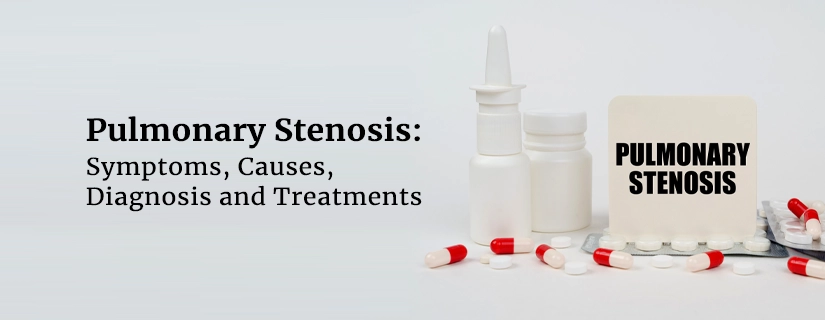
Pulmonary Stenosis: Symptoms, Causes, Diagnosis and Treatments
6 February 2026
Read More
-
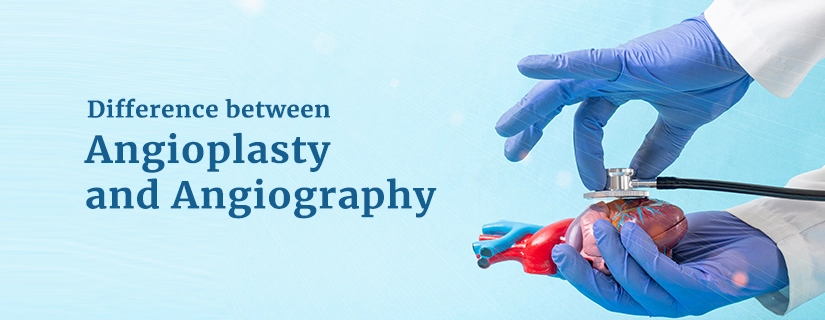
Difference between Angioplasty and Angiography
6 February 2026
Read More
-
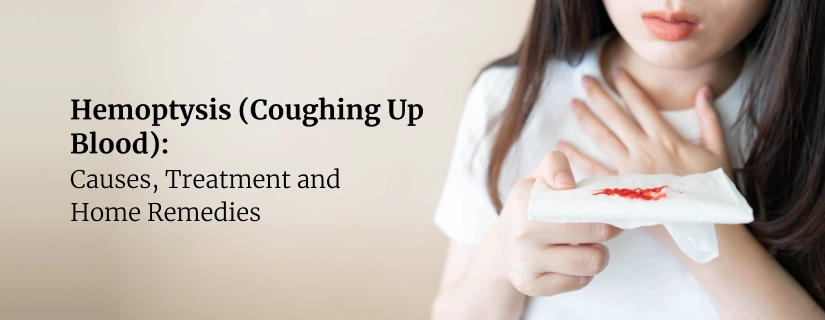
Hemoptysis (Coughing Up Blood): Causes, Treatment and Home Remedies
2 February 2026
Read More
-
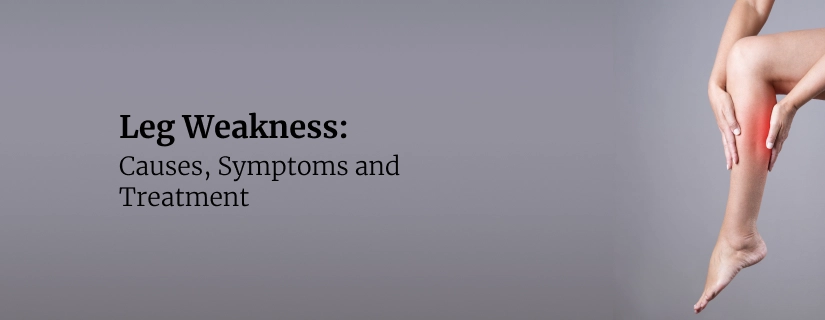
Leg Weakness: Causes, Symptoms and Treatment
9 January 2026
Read More
-

Back Pain After C-Section: Causes and Home Remedies
9 January 2026
Read More
-

Belly Button Pain (Periumbilical Pain): Causes, Treatment and When to See a Doctor
9 January 2026
Read More
Have a Question?
If you cannot find answers to your queries, please fill out the enquiry form or call the number below. We will contact you shortly.




